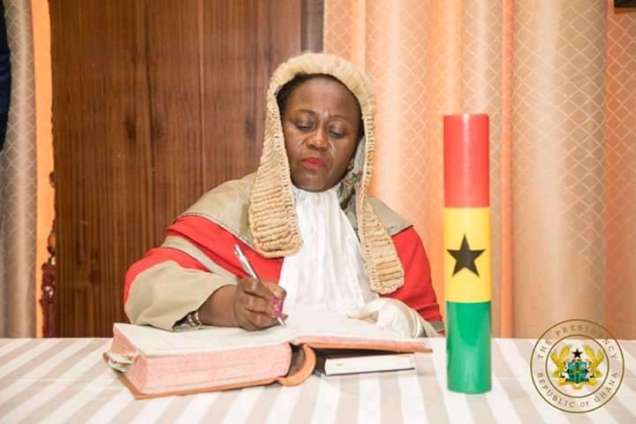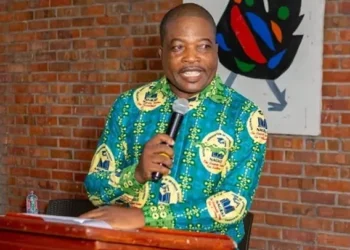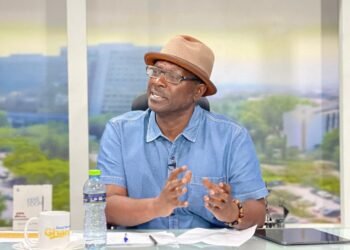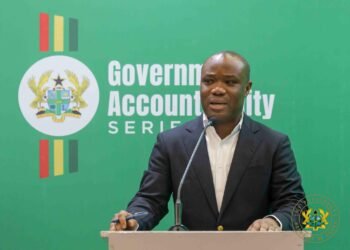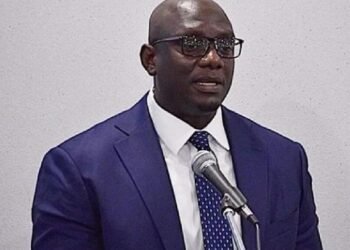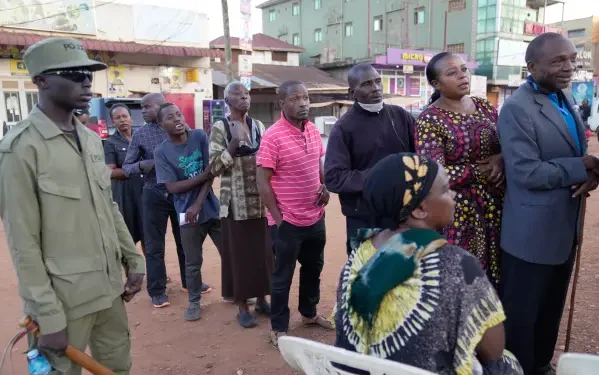In Ghana’s ever-evolving democratic journey, one thing remains clear: due process is non-negotiable. At the heart of this process lies audi alteram partem—“hear the other side.”
Accordingly, legal scholar and Democracy and Development Fellow at CDD-Ghana, Prof. Stephen Kwaku Asare, has taken a bold stance on the integrity of judicial independence in the absence of due process.
He challenged how Ghana’s constitutional mechanisms handle petitions—especially those seeking the removal of high-ranking judicial officials like the Chief Justice.
In a detailed and impassioned statement, Prof. Asare argued that the Constitution’s Article 146(6) clearly defines a two-step procedure for the removal of the Chief Justice: the filter phase and the forum phase.
“The filter stage, then the petitioner must, under the same principle of natural justice, be entitled to see and respond to that reply. Audi alteram partem is not satisfied by hearing just one side behind closed doors. I still maintain that the Constitution does not require the President to hear from the Chief Justice at the prima facie stage at all.”
Prof. Stephen Kwaku Asare
Prof. Asare emphasized that the filter phase is supposed to be a gatekeeping stage, led by the President in consultation with the Council of State, to determine if a petition raises a prima facie case.
According to him, the forum phase, on the other hand, is where a full investigation occurs, with both sides given the chance to argue, rebut, and present evidence.
However, in the wake of his own petition to remove the Chief Justice, Prof. Asare revealed that something went awry at the filter phase.
The former President, H.E. Akufo-Addo, he alleged, sought a response from the Chief Justice before determining whether a prima facie case existed, without informing him, the petitioner, of this development.

“I recently submitted a petition for the removal of the Chief Justice. Consistent with the Constitution’s design, I expected the [former] President and the Council of State to assess the petition based on its contents—nothing more.”
Prof. Stephen Kwaku Asare
That expectation was dashed when he discovered that a response from the Chief Justice had been solicited and factored into the President’s decision, yet the response was not disclosed to him.
This step taken by former President Akufo-Addo, according to Prof. Asare, is a betrayal of procedural fairness.
“At the very least, I should have been given a copy of that response. I should have had the benefit of reading it, understanding it, and, if necessary, responding to it. That is the bare minimum the rules of natural justice require.”
Prof. Stephen Kwaku Asare
Due Process Fails, Legitimacy Drowns
Due process is not just a procedural formality—it is the foundation of any healthy democracy, and Prof. Asare’s position underscores this principle.

He argued that when a petitioner is denied the opportunity to respond to a rebuttal that ultimately shapes the decision on their petition, the entire legitimacy of the process is compromised. “Without that opportunity, I was denied a voice in a conversation that decided the fate of my petition.”
The failure to share the Chief Justice’s rebuttal meant he was left powerless to point out flaws, inconsistencies, or contradictions in a document that weighed heavily on the final decision.
Prof. Asare made it clear that his call for due process to be followed is not a plea to reverse a personal outcome. Instead, it is a call for reform—one rooted in the democratic values that underpin the Constitution.
He emphasized that this issue must be confronted now, before more petitioners find themselves voiceless in the face of power.
“I raise it to prompt a serious reconsideration of how we structure and execute the Article 146 process going forward. Because if the Constitution is to be a living instrument, then its application must evolve to reflect not just formal legality, but fairness, balance, and transparency.”
Prof. Stephen Kwaku Asare
In no uncertain terms, Prof. Asare warned that any process permitting secret rebuttals or one-sided assessments risks becoming a tool that shields the powerful and silences the citizenry.
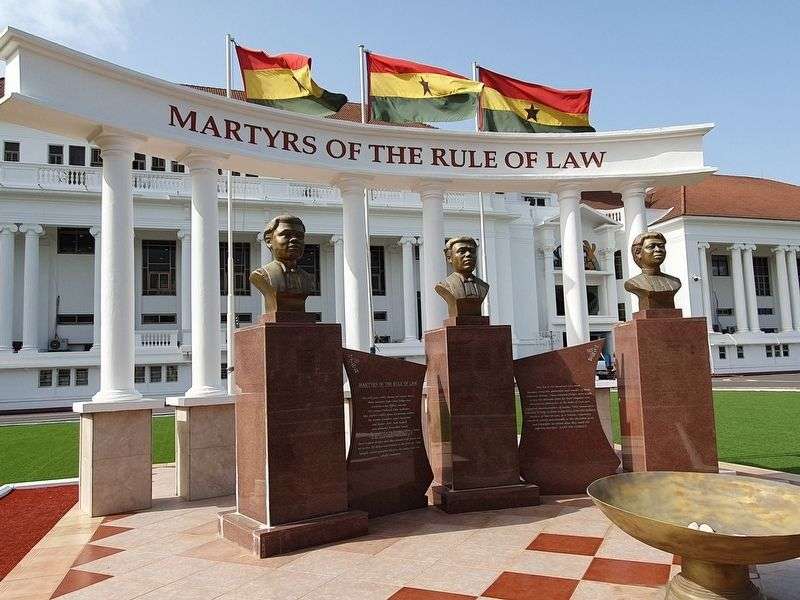
“If the President chooses to receive and rely on the judge’s response at the filter stage, then the petitioner must, under the same principle of natural justice, be entitled to see and respond to that reply. Audi alteram partem is not satisfied by hearing just one side behind closed doors.”
Prof. Stephen Kwaku Asare
As such, Prof. Asare maintained that even with proposed modifications, the current approach remains flawed.
He believes the best course is to strictly uphold the original intent of Article 146(6), which envisions the filter stage as a simple threshold check, without inviting or considering responses from the subject of the petition.
He believes the President and the Council of State must assess petitions strictly on their merit and content, in line with the principles of due process.
The appropriate space for rebuttals and equal engagement is during the forum phase, where both parties can present their case.
Accordingly, he emphasized that turning the initial filter into a quasi-trial undermines the constitutional design and compromises fairness.
He argued that when due process is subject to individual discretion rather than a rule-based procedure, justice becomes selective.
This, he warned, risks corroding not only public faith in the judiciary but also in the broader democratic framework.
Prof. Asare’s concluding reflections are both cautionary and aspirational. He urged Ghana not to wait for further petitions or procedural missteps before reforming the process.
According to him, this reform must serve the Constitution, treat all parties fairly, and truly uphold the ideals of justice.
Because, as he rightly states, “Justice must not only be done. It must be done fairly, openly, and for all sides.”
READ ALSO: Trump Orders Tariff Probe to Curb China’s Mineral Grip

